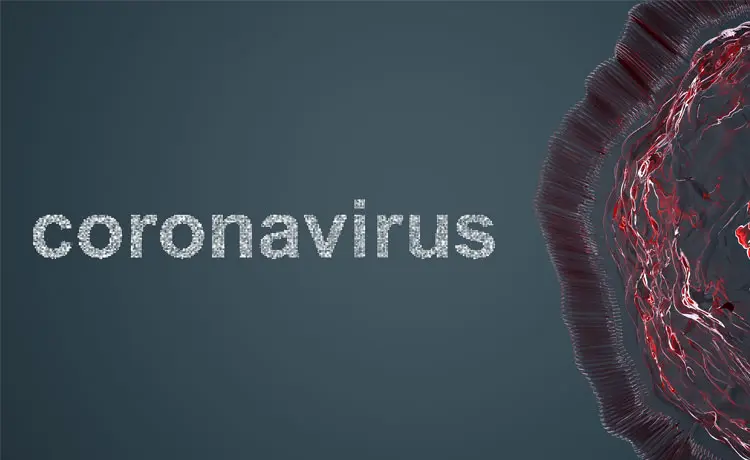As the number of coronavirus cases continues to spike throughout the U.S., community leaders like you must educate your citizens on COVID-19 prevention. Just like with influenza, encouraging proper hygiene practices can help stop the spread of coronavirus in your own backyard.
According to the CDC, there are currently over 25 million cases of coronavirus in the U.S.
QuickSeries® offers a variety of guides and outreach products that can help you spread the word on coronavirus prevention. In the meantime, inform the members of your community on how they can protect themselves and others from getting sick with the tips below.
Countering COVID-19 with Proper Hygiene
Your people must take everyday preventive actions to stop the spread in your community. It seems too simple to be true, but proper handwashing – especially after going to the bathroom, before eating, and after blowing your nose, coughing or sneezing – is a secret weapon to reducing exposure to a range of illnesses. Share the following handwashing technique with your community:
Other prevention tips your people need to know:
- If soap and water are not available, use an alcohol-based hand sanitizer with at least 60% alcohol.
- Cover your cough or sneeze with a tissue (not your hands), then throw the tissue in the trash.
- Avoid touching your eyes, nose and mouth with unwashed hands.
- Avoid close contact with people who are sick.
- Avoid crowds and practice social distancing measures (staying at least 6 feet away [or 2 arm lengths] from others).
- Wear a cloth face mask when around other people.
- Avoid poorly ventilated spaces. If indoors, bring in fresh air by opening doors and windows.
- Clean and disinfect frequently touched surfaces daily (e.g., doorknobs, handles, remotes, keyboards, mobile devices, faucets, toilets).
- Stay home when you are sick.
- Do not travel when you are sick.
People might be surprised to learn that a little goes a long way when it comes to preventing the spread of any respiratory illness, including coronavirus. Taking these simple steps can help your citizens stay healthy during the lifespan of this pandemic.
COVID-19 Vaccines
There are currently two COVID-19 vaccines approved for use and three others undergoing large-scale clinical trials in the U.S. While vaccine amounts are currently limited, the CDC has made recommendations on what populations should be offered a vaccine first.
- Phase 1a: Healthcare personnel; residents of long-term care facilities
- Phase 1b: Frontline essential workers (police, firefighters, postal workers, those working in the educational sector, public transit personnel, etc); people aged 75 years and older
- Phase 1c: People aged 65-74 years; people aged 16-64 years with underlying medical conditions; other essential workers (transportation and logistics, finance, media, public safety, etc.)
While the CDC is responsible for making these recommendations, each state has its own vaccination plan of action. Contact your local health department to find out about vaccinations in your community. For more information on COVID-19 vaccines and answers to commonly asked questions, visit the CDC website.
Contact Us Today!
Contact an Account Manager to learn more about how our guides and suite of outreach products can help you better engage your community in your virus prevention and response efforts.
